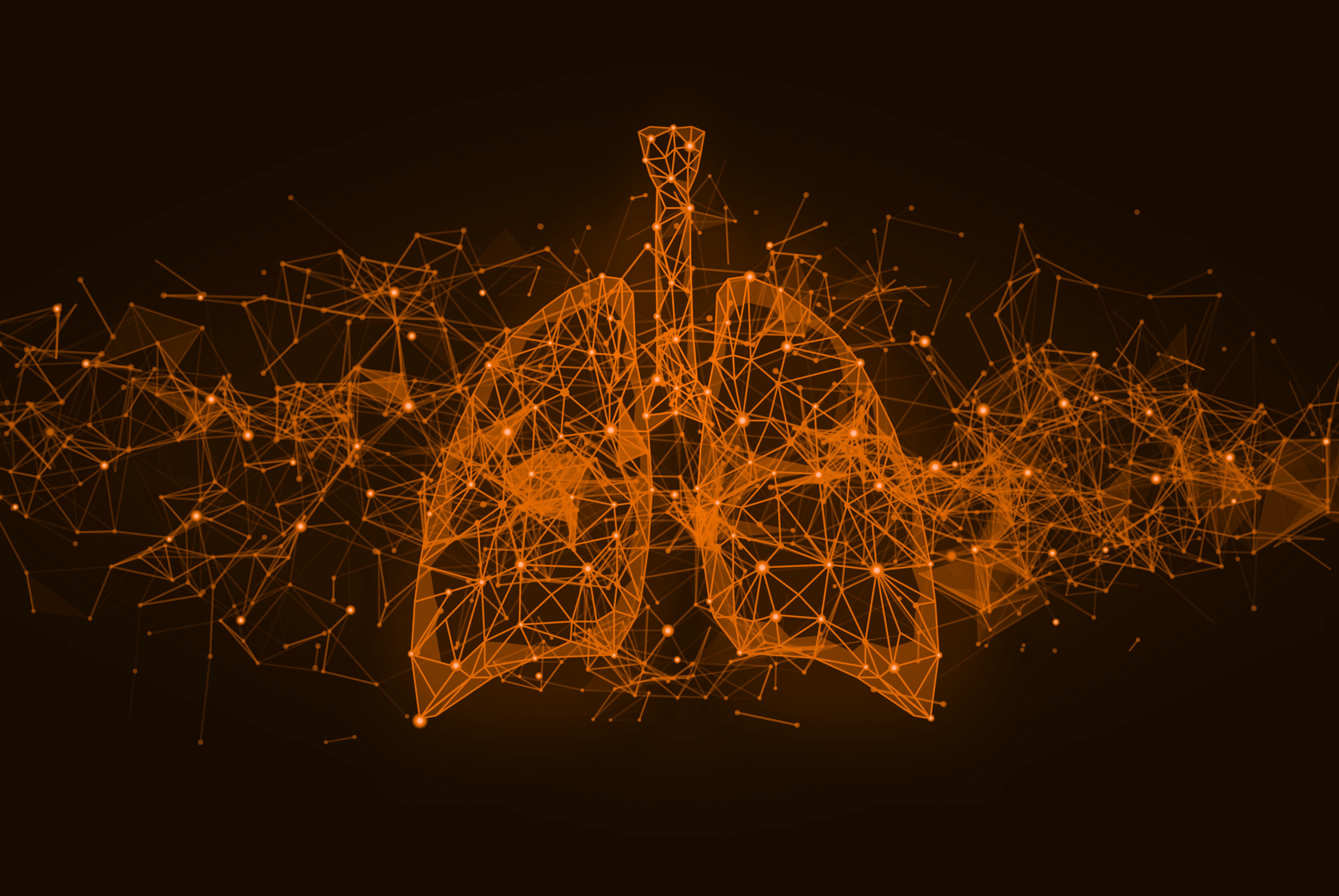Resources
- All
- News
- Employee Spotlight
- Case Study
- Blog

Efficiency vs Effectiveness: The AI Conversation All Insight Leaders Need to Have
Six weeks. One week. One day. Even faster. That is the research industry’s favorite…Read more

How to Identify Early Indicators of Changing Consumer Behavior
Behavior change rarely arrives as a single metric that flashes red. The first signs…Read more

Where Synthetic Data Breaks First: Time, Novelty, and Bias in Market Research
There are cases where synthetic data can be genuinely useful in market research. It can help…Read more

Breathing With Both Lungs: How Coca-Cola Balances Technology and Research to Build Smarter Marketing
When people talk about modern marketing, they often fall into one of two categories. Some believe…Read more

The Impact of New Data Sources on Consumer Understanding
If it feels like the ground is moving under your insights stack, you’re not imagining it. Your customers…Read more

How to Use Consumer Research Data to Improve Demand Forecasting in CPG
When CPG teams say “demand forecasting,” they are often talking about two different jobs. One is operational demand, the planning and…Read more

Synthetic Data in Market Research: An Expert View on Why Natural Data First Still Wins
Synthetic data is having its moment in market research. Some of that is genuine progress. Some of it…Read more

Connecting Brand Equity Metrics to Digital Signals and the P&L
In the previous article on choosing the right brand equity metrics, we focused on building a tight…Read more

Choosing the Right Brand Equity Metrics for Your Business
Brand equity is one of those ideas everyone nods along with and very few teams feel they’re measuring…Read more

Brand Trackers Compared: Traditional Agencies, Self-Serve Tools, and the Delineate Alternative
Brands exist to do more than deliver a product. They represent distinctive functional and emotional benefits…Read more

From Six-Week Lag to On-Time Decisions: Inside Coca-Cola’s Real-Time Campaign Tracking
If you work in marketing, you probably know these questions by heart: “How’s that campaign doing?” …Read more

Delineate Community Grant Awards Recap – Summer 2025
As part of our Delineate Community Commitment initiative, we are thrilled to celebrate the first round…Read more

How to Drive Brand Growth in Emerging Markets With the Data You Already Have
Emerging markets have outperformed developed economies every month so far in 2025 (S&P Global).…Read more

The ‘Real’ Insights Trends for 2026
What industry leaders are overinvesting in, overlooking, and not yet capitalizing on. In early…Read more

The 7 Skills CMI Teams Will Need by 2028 (And How to Build Them)
On September 2, 2025, LEGO announced that 146 fan-designed sets had crossed the 10,000-supporter…Read more
















